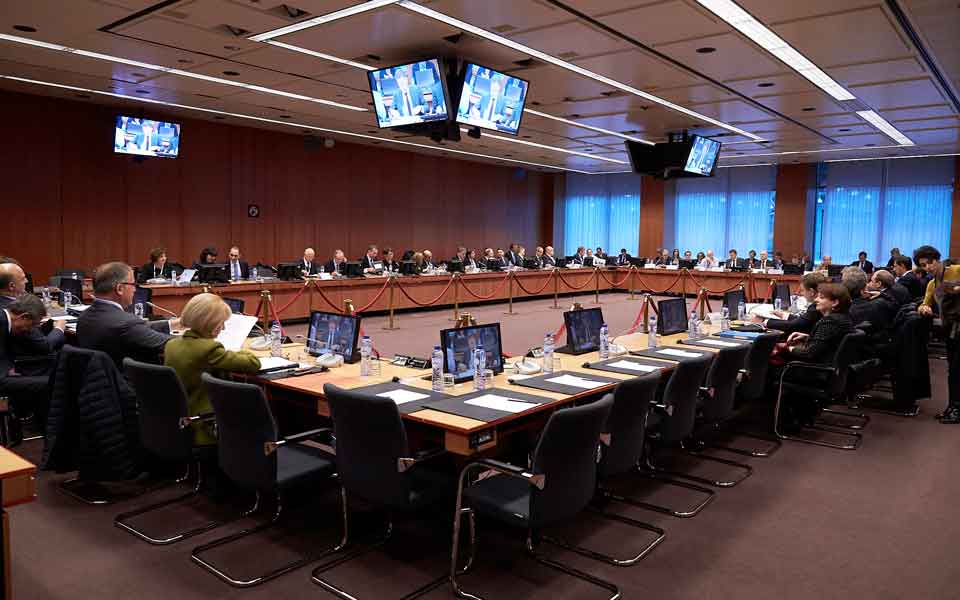Scene is set for a Eurogroup agreement

The possibility of a comprehensive agreement at Thursday’s Eurogroup is in the hands of Greece’s creditors, and especially of Germany, as Greece is fulfilling the last few milestones needed to wrap up the fourth bailout review, which are mainly of a technical nature.
Sources last night said that negotiations for debt-easing measures are continuing without any change from what is already known, particularly in regards to the tough stance of Berlin, dictated by the political limitations of Chancellor Angela Merkel.
The main idea, therefore, is to fully cover Greece’s short-term funding needs – through a cash buffer, as well as the acquisition of part of the International Monetary Fund loans and the bonds of the European Central Bank and the national central banks – as well as to extend the loans of the European Financial Stability Facility maturing in 2022. There is also expected to be a commitment for measures in the long term if needed for Greece to cover its obligations.
The result of any deal as far as the sustainability of the debt and the reaction of the markets are concerned, will depend on the nature of the measures and on how long the EFSF bonds can be extended. Expectations are not high, as it is considered certain the extension will not exceed 10 years as the creditors – particularly the IMF and the ECB – would have liked. At best, according to Bloomberg which cited a eurozone official, the extension will be for just under a decade, while other sources speak of seven to eight years.
One scenario concerning the short-term measures provides for the buyout of a large part of IMF, ECB and central bank loans through funds of 12-15 billion euros to be granted to Athens on top of the cash buffer. The latter will mainly have a precautionary character, as it will be boosted by the last bailout tranche (10-12 billion euros) to come to around 18 billion euros.
The plan is for the IMF loans to be only partly repaid, so that the Fund retains a more active presence in the post-program surveillance. The ECB loans will not be bought early but upon their maturity, to avoid any problems in the Eurosystem.
A conference call on Monday involving Greek ministers and creditor representatives decided that almost all prior actions have been fulfilled and no more consultations are needed before Thursday’s Eurogroup.





